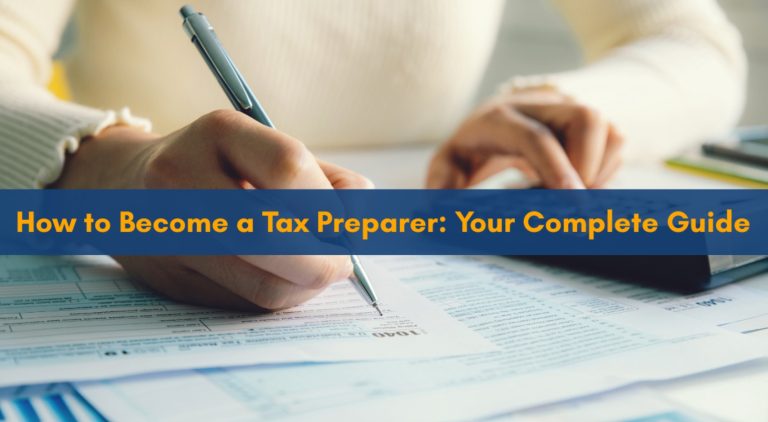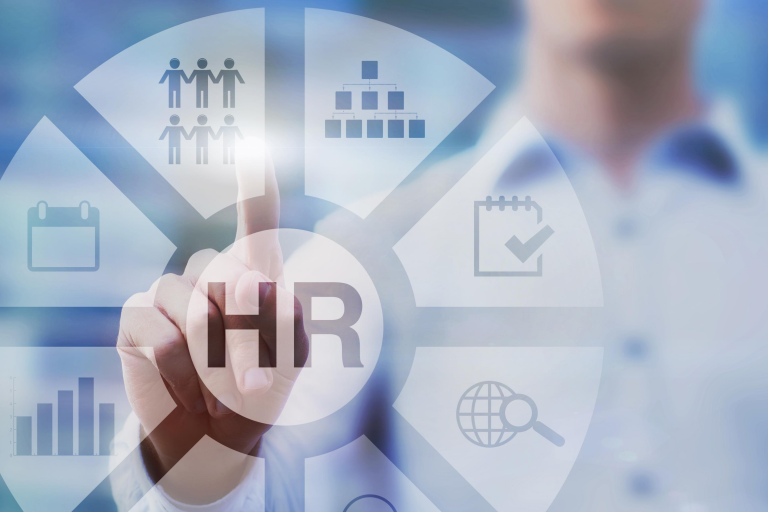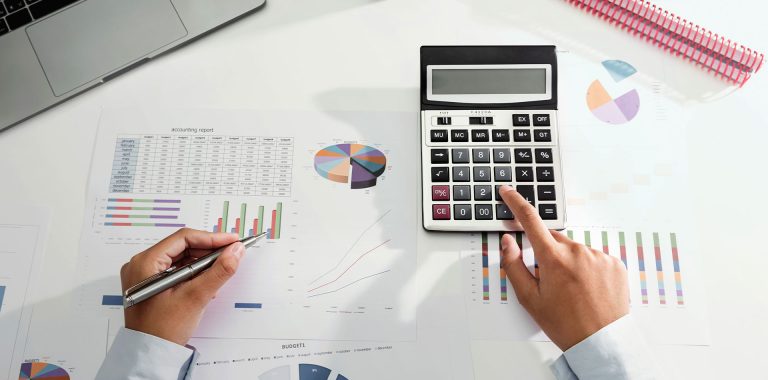
By “Forex market regulation,” we mean the set of regulations and legislation that all Forex market participants must adhere to. The goal of rules and laws is to safeguard consumers from deceptive activities, fraud, and hidden dangers in the financial markets.
Selecting a trustworthy forex broker may mean the difference between trading success and financial ruin. Your initial decision should be whether to work with a forex broker who is regulated in your country or with an offshore “unregulated” broker.
Difference between Regulated & Unregulated Forex Broker
Brokers in the forex market are typically split into two camps: those that are regulated and those that are not.
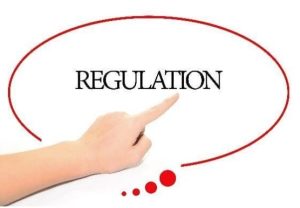
To the average trader, a regulated forex broker is one that operates out of a country like the United States, the United Kingdom, or another that has a robust regulatory framework for the financial services business. For instance, the CFTC (Commodity Futures Trading Commission) and the NFA (National Futures Association) each have jurisdiction over Forex firms based in the United States (National Futures Association).
Unregulated forex broker refers to companies that are headquartered in offshore locations where there are fewer regulations in place to oversee the broker’s business. These offshore brokers are technically still regulated, but usually only in the most slack sense possible.
Why should you pick up a regulated forex broker?
Here are some of the most compelling reasons why you should work with a regulated forex broker:
Safe Deposit
The most important benefit of using a regulated forex broker is peace of mind. Foreign exchange (Forex) trading is rife with peril; not even the most reputable broker can fully insulate you from market volatility. Nonetheless, increased regulation of forex brokers safeguards investors from the likes of broker misconduct, scams, loss of deposit, and insolvency.
Your funds are safe and secure in the hands of a regulated broker until you decide to trade them. Brokers who are subject to government oversight must also keep meticulous, audited records of client deposits and withdrawals. This significantly increases the difficulty of making deposits simply “disappear.”

Avoiding Scammers
If you want to discover a trustworthy forex broker, you can look to the NFA or the Financial Conduct Authority for help. There are databases available to check to see if your broker is licensed and if there have been any complaints lodged against them.
If you are out of the reach of the authorities, you are much more likely to be the victim of fraud. To the untrained eye, it would be easy to create websites that mimic legitimate online trading platforms. Furthermore, it can be challenging to determine which unregulated forex brokers are legitimate and which are not because new ones appear to sprout up every day.

Transparency
Trading fees should be a major factor in your decision for a broker. All fees linked with your account, including transaction fees, must be disclosed by your broker. It can be difficult to estimate how much you will spend each trade with some offshore brokerages due to their reputation for charging a variety of hidden fees.
Accountability is also enhanced by transparency. While working with a licensed broker, you won’t have to wonder who owns or has an interest in the business. There are actual people involved, and their identities and good names are at stake.
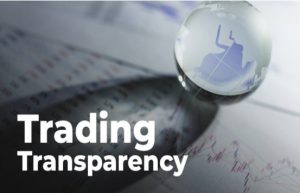
Risk Disclosure
A legitimate forex broker will provide traders with documentation and risk warnings. They also provide a lot more information on several financial instruments. You won’t receive any such information from an offshore broker. Although they may provide some information on the dangers of the forex market, this information is likely to be quite general and so easily disregarded.
Regulated brokers simplify your life if you’re serious about risk management and want to make smart choices in your preferred financial market.
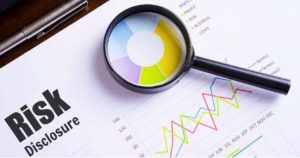
Let’s get one thing straight though. Even while a broker may have regulatory backing, that doesn’t necessarily make them trustworthy. Forex brokers operating in highly regulated markets are less likely to engage in fraudulent practices.
You are the most crucial part of your forex or online trading, therefore work on honing your trading skills, keeping your mind open to new information, and regularly summarizing your trading failures.
